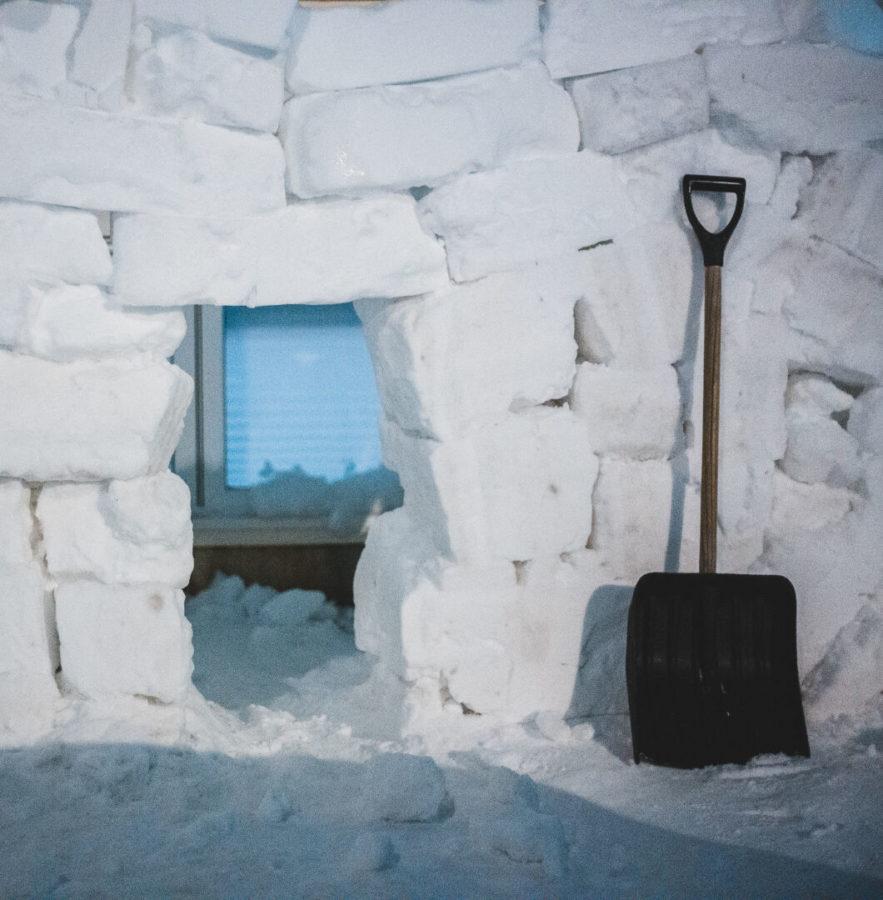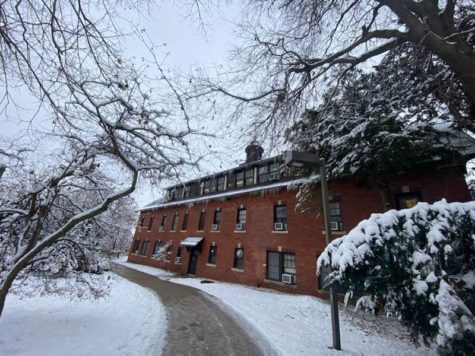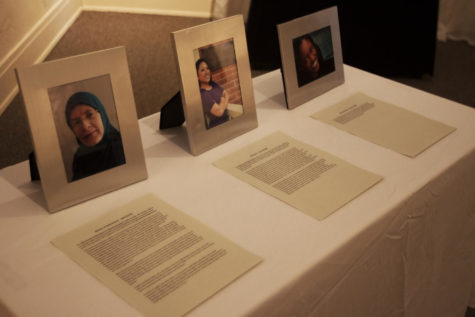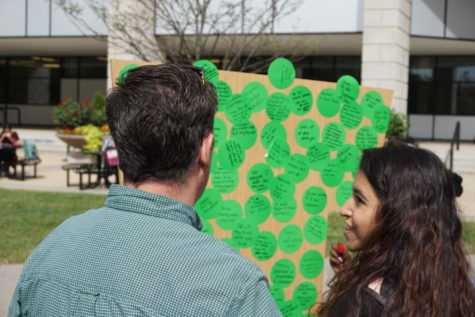Satire: Ames local calls squatter rights on giant Igloo built inside snow pile on Welch Ave
New prime real estate on Welch Ave, this cold front property had been swept up by one lucky student.
January 19, 2022
Limited housing on any college campus can cause students to resort to some less than ideal living situations, however local student, Brisk Pardy, is currently locked in a legal battle with the city of Ames to keep his unconventional living situation from literally melting from under his feet.
Brisk has recently hollowed out a 25 foot mountain of snow that sits on top the bike lane of Welch Ave. and has called squatter rights for his right to continually live inside the block of snow and ice.
Every snowfall, the singular snow plow that Story County pays for rides up and down the roads of campus. Occasionally plowing the roads, but mostly pushing snow into a huge pile on the edge of every street corner turning what used to be a boring safe turn into an exciting icy blind one.
While there is no doubt that every student awaits these exciting campus transformations as temperatures drop, there has never been a student to truly take advantage of these snow piles like Brisk has.
“Yea cool stuff. I never seen it before. Hopefully it don’t snow anymore though cause my plow got a flat and it’s too icy on these roads to go out and get a new one,” remarked the singular snow plow worker in Story County.
Brisk was asked to leave his Igloo by university officials after complaints by locals of him getting to live for free on campus while their apartments had approximately the same amenities and size but cost $500 more a month.
While the Iowa law requires squatters to have lived on their property for 10 years or more to claim squatter’s rights, Brisk argues that “if you really think about it, the past week really has felt like 10 years”.
The case of Brisk Vs. Ames will be seen by the Iowa Supreme Court on February 12th, on the condition that the defendant’s house has not melted by then.

















